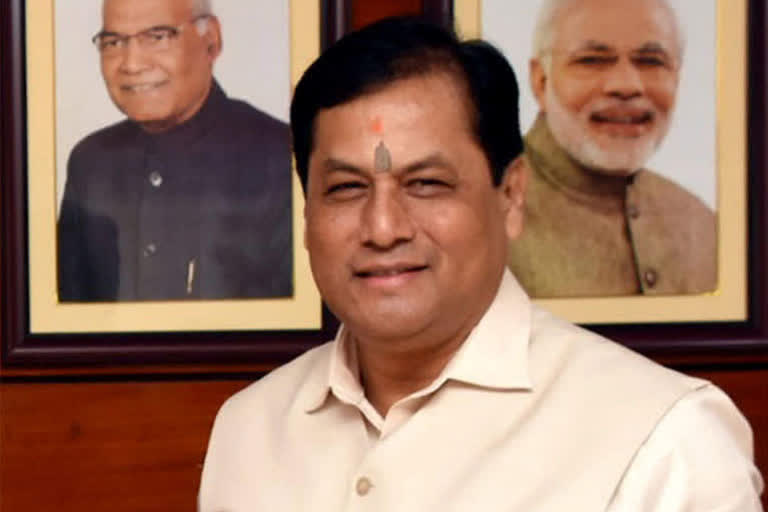Hyderabad:The Bharatiya Janata Party has retained Assam successfully despite the strong anti-incumbency and controversies related to the implementation of NRC and CAA. BJP's election campaign issues were based on 'identity' and 'development' in the state, which saw anti-NRC and anti-CAA protests in some regions.
However, the NDA led allies, comprising of BJP, Asom Gana Parishad and United People's Party Liberal, still bagged 75 seats in the 2021 assembly elections. Its nearest rival, the UPA led by the Indian National Congress did well compared to last time, bagged 50 seats.
BJP leaders in the state led by Chief Minister Sarbananda Sonowal and Himanta Biswa Sarma mainly highlighted the state's people-friendly policies, rapid infrastructure development and issues of identification and economic growth. BJP in Assam also benefited from the party's primary focus on the neighbouring state of West Bengal. It allowed the party's local leaders to focus on the issues that are more relevant and based on election priorities.
Also Read:'West Bengal results show people rejected BJP's politics of polarisation'
As the Citizen Amendment Act and National Register of Citizens, caused genuine fears among the residents, BJP walked a tightrope in Assam. In Assam's upper districts, there are genuine fears that CAA will allow the state to grant citizenship to religious minorities from neighbouring countries of Pakistan, Bangladesh and Afghanistan.
This is a state, where fear of outsiders led to a seven-year-long protest, ending with the signing of the Assam Accord in 1985. As per the accord, March 1975 was set as the deadline for foreigners and outsiders to be granted citizenship rights. The CAA instil fresh doubts and fears in the minds of the people of Assam. Some people in the state fear the law would legitimise the citizenship claims of outsiders arriving before December 2014. BJP's rivals, the two regional parties of Assam Jatiya Parishad (AJP) and the Raijor Dal, also banked heavily on the anti-CAA sentiments.
